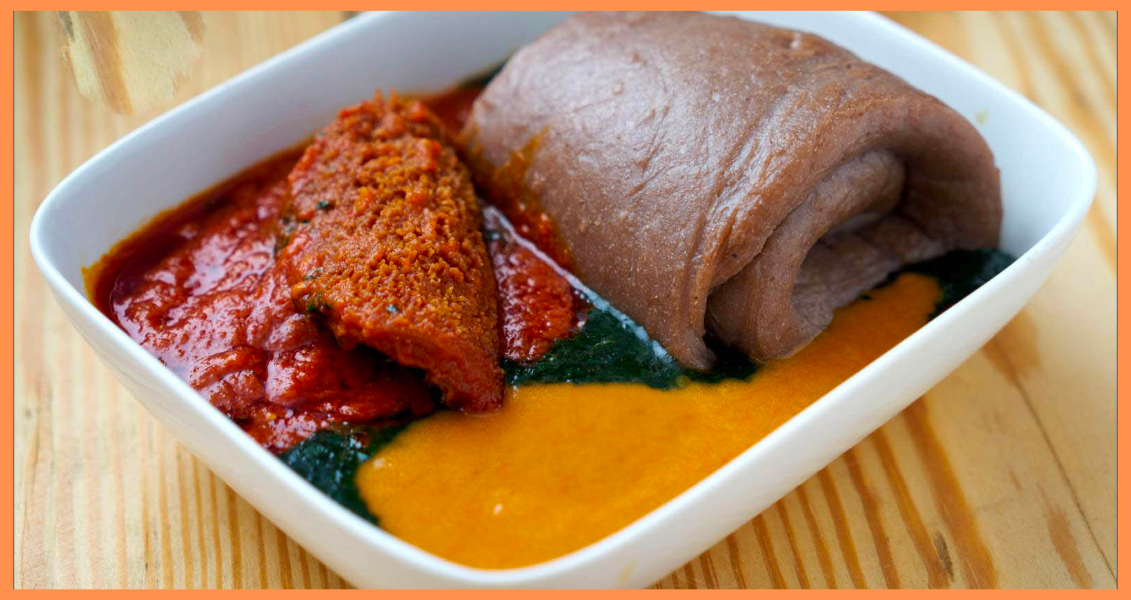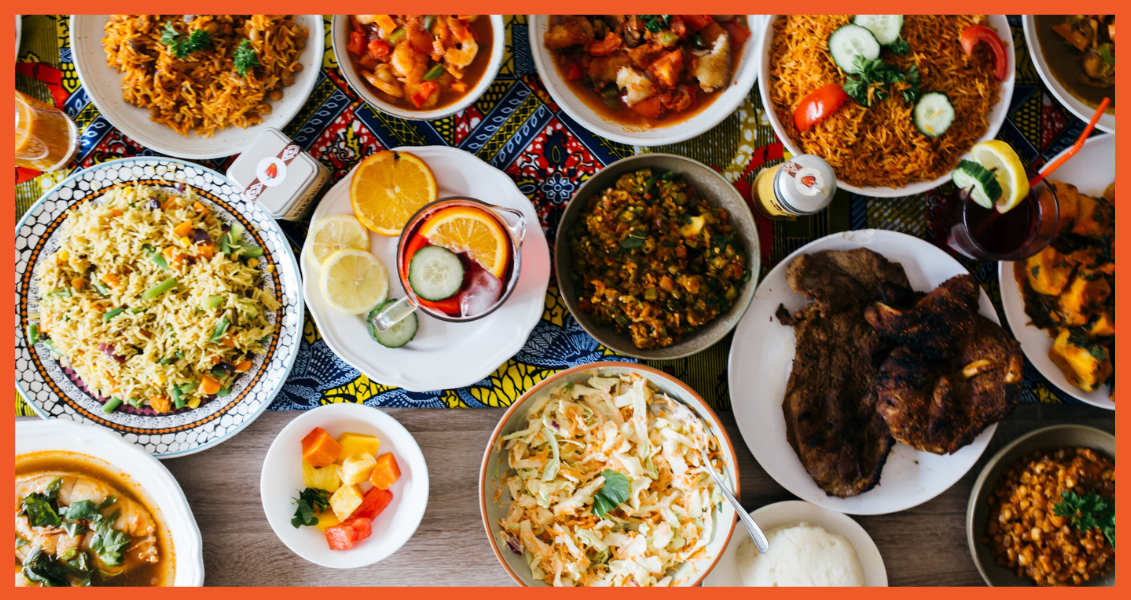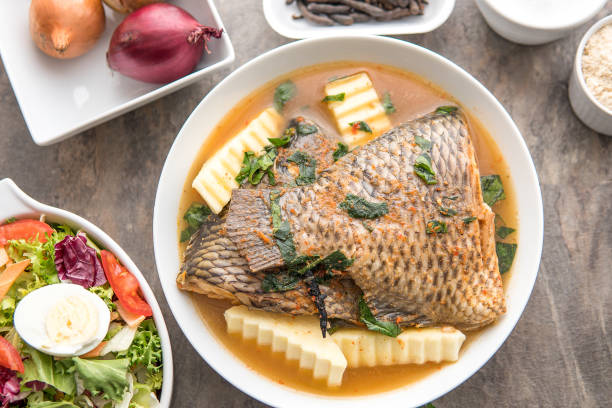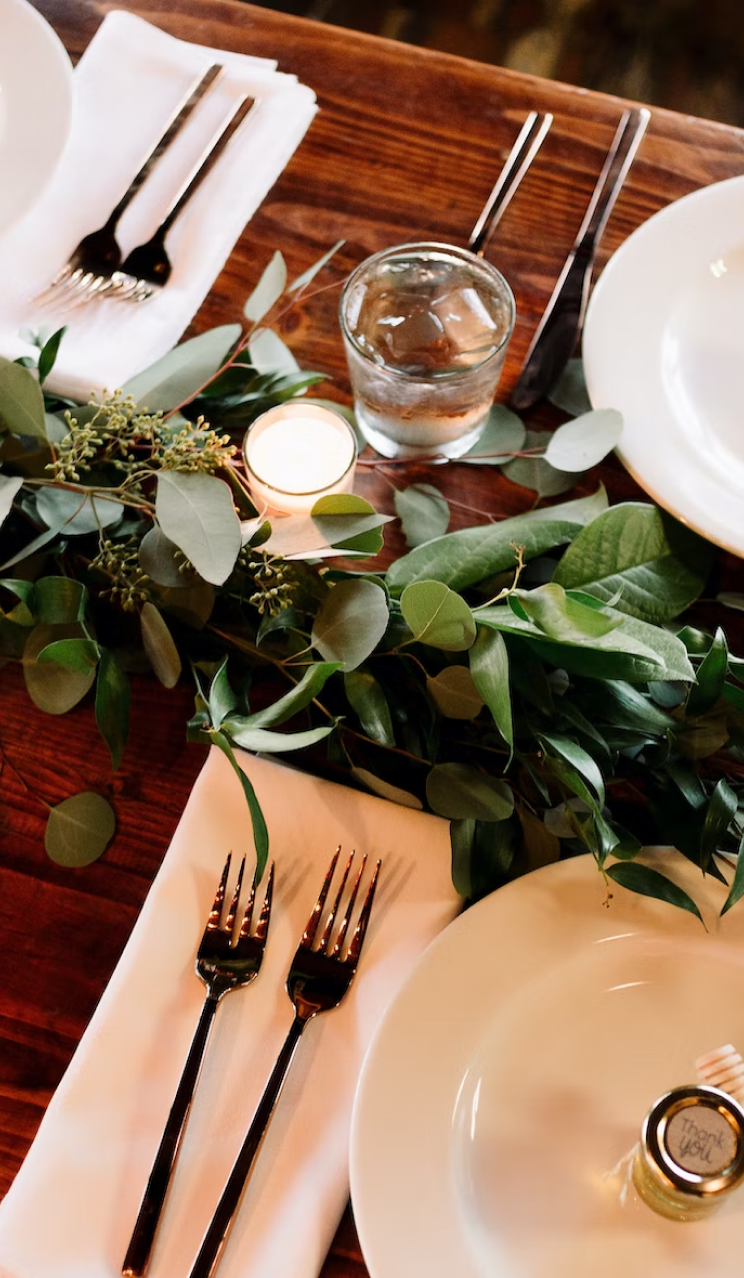
Welcome to #ChopLifeDiaries, a series documenting how Nigerians eat and how they spend their money on feeding. In a country where people spend up to 59% of their income on food, we’re following our readers’ food journeys during the week and documenting expenses related to shopping, fast-food meals, market runs, restaurant dates, and every bite. In this time of rising food inflation, #ChopLifeDiaries reveals how folks from different walks of life are figuring out their food budgets in different cities
Today’s subject is a Nigerian Corper posted to the far north-central region of Nigeria. She gets to walk us through her eating habits, meal habits and how she survived in camp.

Income
Today’s subject is a calm and composed individual residing in Abuja, Nigeria, who recently graduated from university and posted to Nassarawa in the Northern part of the country for her mandatory one-year national service. Stepping out of the comfort of her home into the unknown, she takes us through her camp experience, recounting how she navigated the tight schedules and rigorous activities. She candidly shares insights into her expenses, including her food budget, along with various observations she made during her three-week stay in camp. Despite the challenges, she reveals how she not only survived but also maximised her time there, embracing the opportunities for growth and connection amidst the hustle and bustle of camp life.
How did you feel when you saw your call-up letter?
I was excited and also disappointed, I was excited cause I was looking forward to seeing the state I would be posted to but when I saw Nasarawa, I was disappointed cause I wasn’t expecting that state. I had something different in mind but it is what it is
Budget
How much did you use in preparing to go to camp?
I used about 60,000 naira plus in preparing to go to camp.
What amount of money did you bring to camp, and what was the amount you returned with? Did you need additional funds, or were you able to manage within your initial budget?
I went to camp with almost 80k but I requested more money before leaving because the expenses were just too much. It felt like I was paying for everything, it wasn’t funny.
What did you spend the most on in camp?
Food, charging of phone/power bank, and water
Can you please list some of the foodstuffs you carried along with you to camp?
Cornflakes, biscuits, sugar, chin chin, milk and milo. Provisions cause I could not carry raw foodstuffs cause there was no way I’d get to cook in camp.
What camp routine do you think you can never get used to?
The Parade, till now I think that’s one activity that’s not necessary
How do the prices of items in mami markets compare to the usual prices back home?
To be honest I do not think the price difference is much. Comparing the price of things from where I’m coming from, they try small. There is also this thing about prices being cheaper in the north compared to other places. Maybe that’s why some things were cheap. The restaurants there were local not like all these highbrow restaurants so I don’t think the prices were anything outrageous.
What are some things that were expensive to you in the mami market?
Nothing felt expensive to me though. I didn’t buy many things except food. The places where I buy food from there were not local like all these highbrow restaurants so I don’t think the prices were anything outrageous.
Your favourite meal in camp and why?
Pap and Akara, it’s quite filling. I didn’t eat most of the things they made in the camp kitchen though because it was not appetising like that.
Your worst meal in camp and why?
The jollof rice in camp, gosh! it wasn’t very nice at all
Do you think you found love in camp?
Honestly, I’ve never really believed in finding love at camp. It seems kind of fake to me. It can feel real when you’re there, but I don’t think it lasts long. Maybe it’s because we’re all stuck together in this intense situation, or maybe it’s because camp life is so temporary. Some people do make it work, but for most of us, it’s just a passing thing that fades away once we leave camp and go back to normal life.
Expenditure
Run us through your day-to-day activities in camp.
First off I start my day before 4 am with one loud bugle sound, I know that it’s another day to survive. We go for morning meditation which includes so many things from devotion to lectures, meditations etc. All of these happen between the period of 5-6 am before we start our parade properly. Then we do our exercise and morning drill which is handled by the soldiers. Trust me, I’m burnt out already at this point. We have our breakfast by 8 am, and then by 9-2 pm we’ll start our SAED lectures and classes. We do our practicals too for the skill acquisition during this period. Then from 2 pm, we are always free, you can have lunch, do anything you like till 4 pm. From 4 pm we’re called back for the parade, platoons that have man O war drills usually go for theirs or football or whatever you are involved in. We are always at the parade ground till 6 pm. We’ll go back to our hostels and then come back out for the social night which starts at 8 pm and ends by 10 pm. It can end before then depending on what activity we are having: Drama Night, Miss NYSC, Big Bold and Beautiful and the like. Light out is by 10 pm where we get to retire for the night again and we go on and on. That’s how my everyday life is at camp.
Can you share some of the things you found difficult in camp?
Parade please, why is that thing compulsory? Standing for long hours? I don’t even know how to match it was bad. I didn’t like the fact that they made it compulsory for everyone to be on the parade ground whether you are matching or not.
How much do you think you spent on food in camp?
Can’t say the total amount cause I had lots of snacks and provisions that could sustain me when I do not feel like buying food. If I’m going to calculate it I spend 2k per meal so any day I buy food and I don’t eat snacks that’s 4k per day. I did not buy food every day most times I’d opt for snacks, eggroll was like 500 Naira there. If I’m to do a mental calculation I’ll say like 50,000 Naira but I know I spent more though.
Apart from food,what other things did you spend money on?
Buying of water for bathing and drinking, charging of my phone
Advise everyone going to NYSC camp.
Have fun, meet people, endure the stress and in all things make sure you try not to fall sick
In one word describe your NYSC orientation camp experience.
It was Nice
Thank you for letting us in on your earnings and how you Chop Life.
Dear Reader, You too could be a part of the #ChopLifeGeng.
If you would love to share your Chop Life stories with us, kindly send an email to [email protected]

















